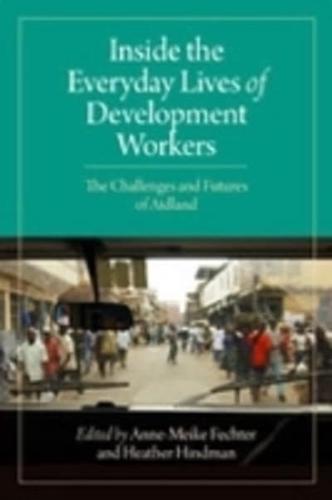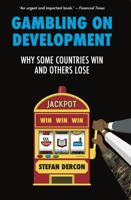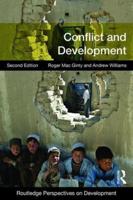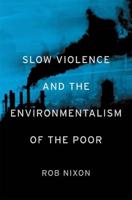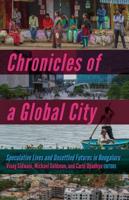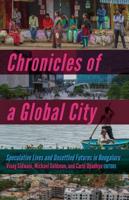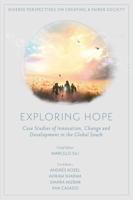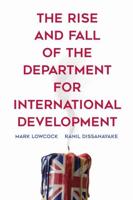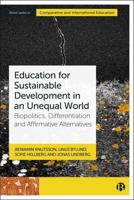Publisher's Synopsis
Much and warranted attention is paid to the lives of aid recipients – their household lives, saving habits, gender relations, etc. It's held that a key to measuring the effectiveness of aid is contained in such details. Rarely, however, is the lens turned on the lives of aid workers themselves. Yet the seemingly impersonal network of agencies and donors that formulate and implement policy are composed of real people with complex motivations and experiences that might also provide important lessons about development's failures and successes. Hindman and Fechter break new ground by illuminating the social and cultural world of the aid agency, a world that is neglected in most discussions of aid policy. They examine how aid workers' moral beliefs interlink and conflict with their initial motivations, how they relate to aid beneficiaries, their local NGO counterparts, and other aid workers, their views on race and sexuality, the effect of transient lifestyles and insider language, and the security and family issues that come with choosing such a career. Ultimately, they arrive at a more comprehensive understanding of development processes that acknowledges a rich web of relationships at all levels of the system.
